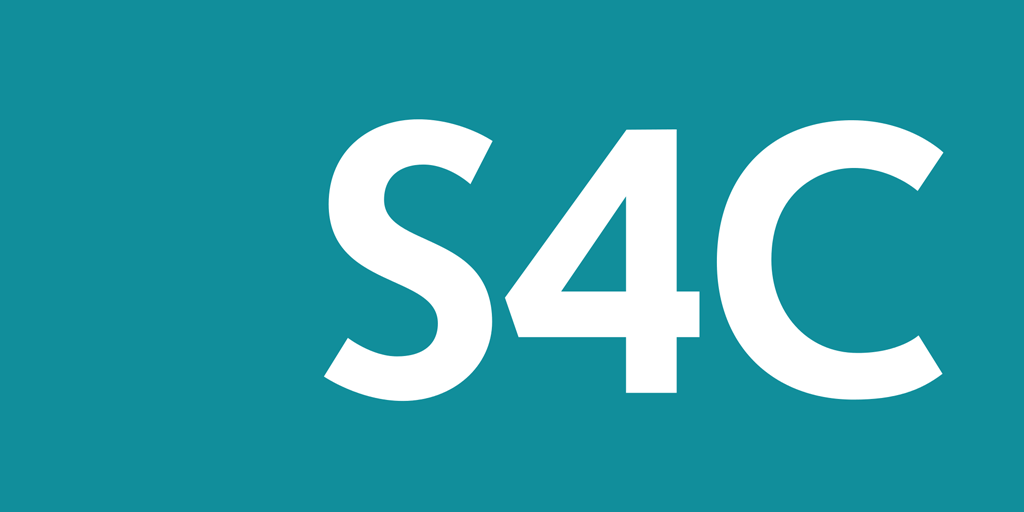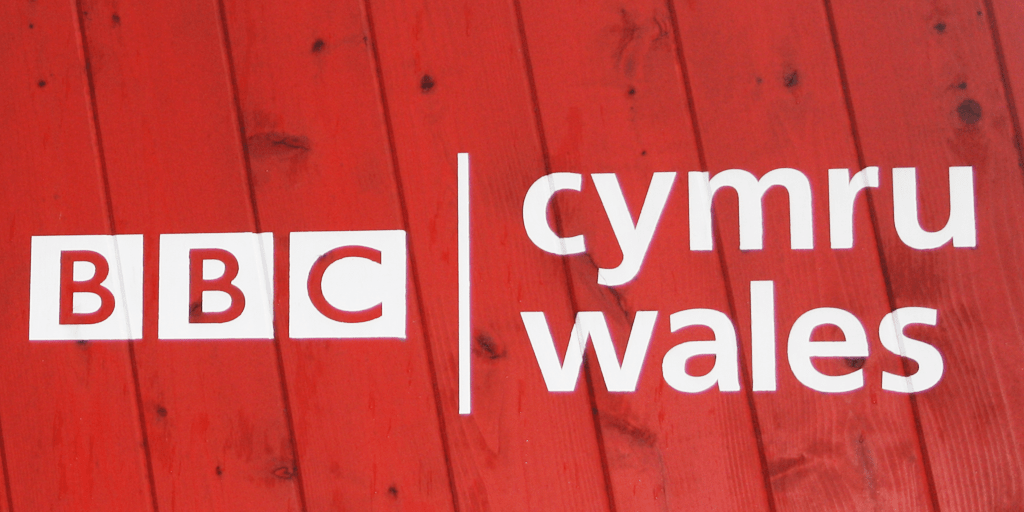In February 2017, the Assembly’s Culture, Welsh Language and Communications Committee published its Big Picture report, setting out its initial views on broadcasting in Wales. This was the product of meetings with the BBC, ITV, S4C and the industry regulator – Ofcom – in autumn 2016. This week, on Wednesday 14 June, the Assembly will debate the report in Plenary.
Since the report’s publication there have been significant developments relating to the BBC and Welsh language channel S4C.
The BBC: a new regulator and funding package
In The Big Picture, Members expressed concern at the level of funding for English language television in Wales. Between 2006-7 and 2014-15 BBC Cymru Wales’s spend on English language TV output for Welsh audiences reduced from £24.6 million to £20.8 million, before rising to £22.5 million in 2015-16.
BBC Director General Lord Hall has long acknowledged the problem of funding for English language broadcasting in Wales. In May 2016 Lord Hall stated that “the funding for English language content made in Wales for a Welsh audience has dropped to unsustainable levels”.
Consequently the Big Picture reiterated a call made by the Welsh Government, the Institute of Welsh Affairs and the previous Assembly’s Communities, Equality and Local Government Committee for an additional £30 million a year for English language broadcasting in Wales. In February 20-2017 the BBC announced an additional £8.5 million a year of new funding for English language programming for Wales, which they claimed would “Deliver more than 130 hours of additional programming each year across BBC One Wales, BBC Two Wales and BBC iPlayer”.
The day after the announcement of Welsh funding, the BBC announced its funding settlement for the BBC in Scotland. This included funding for a new channel, BBC Scotland, with £19 million p.a., alongside an extra £20m for making network programmes in Scotland, taking the total new funding for Scotland to £39 million a year. The BBC has explained that the extra £20m for making network programmes is a result of the BBC not previously meeting its targets in this regard in Scotland.
Alun Davies AM, Minister for Lifelong Learning and the Welsh Language stated that, though the funding announcement in February “could have been higher”, it was “welcomed” and this new money would “enable BBC Cymru Wales to commission more programmes that truly reflect the lives of people in Wales”.
The National Union of Journalists said "Wales is being treated disgracefully, as there are no apparent plans for a similar channel or investment here” and called on “BBC Cymru Wales to revisit the package announced yesterday and return with more imaginative and far-reaching proposals, similar to the ones being planned for Scotland."
Since January 2017 Ofcom has had a new role as the first external regulator of the BBC, and is currently consulting on how it should fulfil this role. The Committee has discussed with both Ofcom and the Ofcom Advisory Committee the extent to which this approach will tackle what it sees as long-standing problems, such as portrayal of Welsh life on BBC network programmes.
Ofcom’s new role includes ensuring that audiences in the individual nations of the UK are “well served” and ensuring “the provision of more distinctive output and services” on the BBC. As well as policing content, Ofcom will be responsible for ensuring that a “suitable proportion” of network programmes are made outside of London, including in each of the UK’s nations.
Ofcom proposes indexing the minimum expenditure and volume of network productions to the UK population share of the individual nations and English regions. This would mean that a minimum of 5% of BBC expenditure on UK network productions would need to take place in Wales: in 2015-16 the BBC spent 7.1% (or £59.2 million) of its UK network expenditure in Wales.
On 28 June the Committee is holding a meeting with BBC Director General Lord Hall. Issues such as the sufficiency of the £8.5 million a year of additional funding, BBC efforts to improve the portrayal of Welsh life on network programming and Ofcom’s proposed approach to regulate the channel, are bound to dominate the agenda.
S4C: awaiting an independent review
On 18 May, in a final session with the channel, the Committee concluded its inquiry into the Future of S4C. S4C is due to be the subject of an independent review commissioned by the UK Government Department for Culture, Media and Sport, and the Committee was keen to conduct a piece of work to feed into this review. The channel has set out its own vision for its future in the document S4C: Pushing the boundaries.

Witnesses to the Committee’s inquiry noted the negative impact of the sustained cuts to S4C’s budget. In 2011-12, S4C received £101 million from the UK Government DCMS. In 2016-17 the channel received £81.3 million of public funding (£74.5 million from the TV licence fee and £6.8 million from DCMS). S4C has called for an “open and transparent” review of the channel’s funding to determine “what funding is sufficient for S4C now and in the long term”. It calls for:
- “stability of sufficient funding over a specific and substantial period”.
- Maintaining plurality of funding sources.
- Greater investment.
Another key theme to emerge from the Committee’s inquiry was that S4C’s statutory remit – which sets out what the channel can do, and has remained fundamentally unchanged since the channel was launched in 1982 – was not fit for a modern broadcaster in the digital age. The two main criticisms were:
- The current legislation refers to S4C providing “television broadcasting”: this is not broad enough to capture all of the activity of a modern broadcaster and media content provider.
- The current legislation refers to S4C’s television services “being available for reception wholly or mainly by members of the public in Wales”. Again, this does not fit the role of a modern broadcaster: 45% of S4C’s weekly viewers are outside of Wales.
The Committee will now consider the evidence it has received whilst it drafts its report. All eyes of those interested in the future of the channel will then be on DCMS, and further details of the long-awaited independent review.
Article by Robin Wilkinson, National Assembly for Wales Research Service.
Image from Flickr by Dailinvention. Licensed under Creative Commons.
This post is also available as a print-friendly PDF: Broadcasting in Wales: updates since the Big Picture report (PDF, 205KB)







